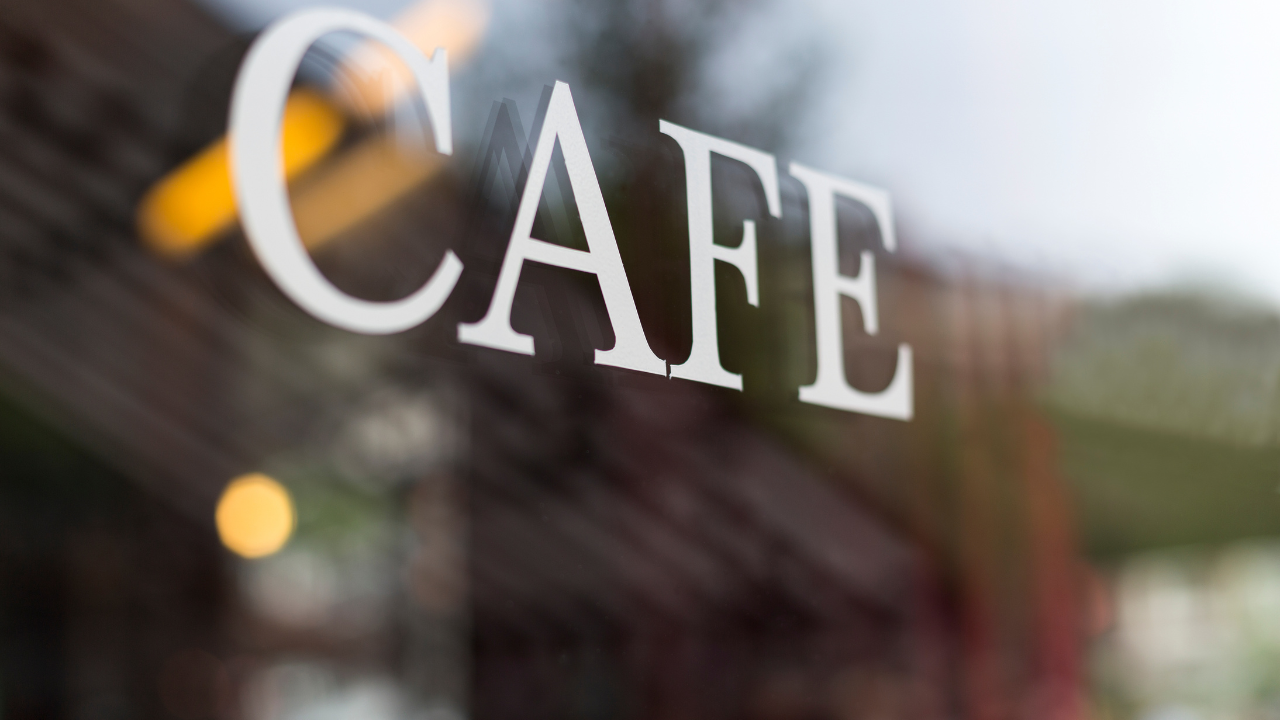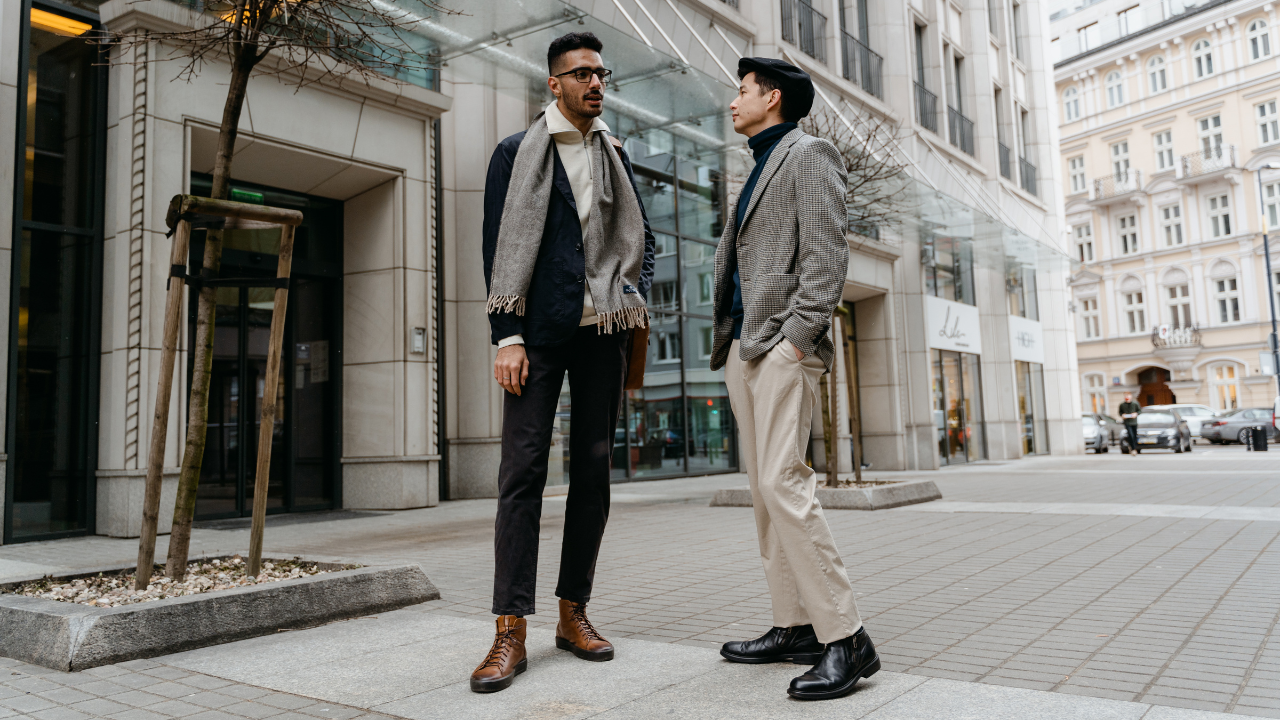
8 Tips for a Successful Long-Term Visa Application in France
Apr 26, 2024Embarking on a journey to acquire a long-term French visa can seem challenging, yet with the right guidance, it transforms into an exciting step towards your dream of living in France.
Here’s a refined guide, peppered with insights into French culture and lifestyle, to help you navigate this path smoothly:
1. Keep Copies of Your Passport
While your passport is held during the application, keeping several copies is essential. These will be handy for any administrative needs and give you peace of mind until your passport is returned, typically within a few weeks.
2. Time Your Application Just Right
The timing of your visa application is crucial. Begin the process as early as six months before your planned arrival. Appointments at your local consulate or visa center can only be booked one to three months in advance. Align this schedule with your travel plans to ensure a seamless transition.
3. Choose the Appropriate Visa Type
Whether you're contemplating remote work, retirement, or starting a business in France, selecting the right visa is crucial. From visitor visas to business visas, each category has its own criteria and benefits, reflecting the rich diversity of opportunities in France.
The most popular options are:
- The visitor visa: Despite what the name might suggest, this non-working visa can be permanent and renewable. It can be used by retirees, most remote workers, and some gîte owners, as well as those with property rental income—as long as the gîte or rental income does not exceed a certain amount.
- The business visa: This category includes various sub-categories, such as the entrepreneur visa and the profession libérale visa.
There are many other types of visas available (student visa, family reunion visa, passport talent, work visa, etc.).
Feeling lost in the maze of options? Our partner FAB offers a free moving to France consultation to guide your move, bringing you one step closer to your French adventure.
4. Gather All Necessary Documentation
Prepare essential documents such as ID photos, proof of accommodation and income, and medical insurance certificate. Having these ready simplifies the process, echoing the French value of "prévoyance" – the art of preparation.

5. Provide Proof of Accommodation
A crucial aspect of your application, proof of accommodation, can be a lease, property deed, or a hosting certification if staying with relatives (called an attestation d’hébergement in French). This not only meets visa requirements but also immerses you in the local community, a core part of integrating into French life.
6. Demonstrate Sufficient Income
Show that you can support yourself with an income equivalent to the French minimum wage or through savings. This reflects the French ethos of ensuring that everyone has the means to lead a dignified life. If you’re applying for a business visa, a robust business plan demonstrating potential income is crucial. Naturally, the income drawn from the business should meet the French minimum wage requirement.
Pro tip: If you're short on income or have no income at all, you can "top-up" the missing amount with savings. Assuming zero income, you would then need to have the equivalent of a year's worth of the French minimum wage in savings, which is roughly €18,000 as of May 2024.
7. Secure Adequate Medical Insurance
Ensure your medical insurance coverage matches that provided by the French national healthcare system. This requirement highlights the significance of health and well-being in French society, values deeply embedded in its social systems.
Rejected policies include travel insurance, Schengen insurance, those with any excess, and emergency-only plans. Navigating the insurance landscape can be quite challenging, so I strongly recommend using the services of companies experienced in handling visa applications. A visa insurance broker like Fab French Insurance can give you a great head start.

8. Activate Your Visa Upon Arrival
Once in France, activate your visa within three months to legalize your stay and enjoy the rights of living in France. This involves a simple online process that you can access on the Administration des étrangers official website. Integrating you further into the fabric of French administrative life.
Final Step: Attend Your Medical Exam
Post-activation, you’ll have a medical exam to ensure public health safety. Many fear this, thinking “what if they find something?” or “what if I have medical conditions?”. Actually this exam is only to make sure you are not carrying an infectious disease like consumption and that you’re up to date with your mandatory vaccines. This is a standard procedure and a good introduction to the French healthcare system, renowned for its excellence and accessibility.
Incorporating these tips into your visa application process not only prepares you for the practical aspects but also gently immerses you in the nuances of French culture and lifestyle. As you embark on this journey, remember that each step brings you closer to experiencing the charm and sophistication of life in France. And if you need any advice or guidance, our partners from FAB would be more than happy to help, remember to book a “moving to France” consultation with them and Bonne chance!









